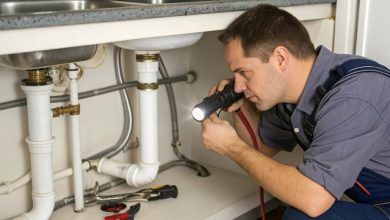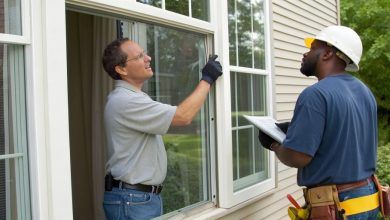What you need to know about Boiler Pressure
Boiler pressure is a confusing part of your heating system. Experts will help you understand the topic. This guide will explain what boiler pressure is and how it impacts your boiler performance. Understanding boiler pressure, whether you are a new homeowner or an experienced one, is crucial for a stress-free and cosy winter.
The boiler pressure is the measurement of water pressure in your heating system. The proper operation of your boilers and radiators is vital. Maintaining the right pressure is essential. The pressure gauge is usually located on the front of your boiler. This will show the pressure in your system, allowing you to detect any leaks or pressure drop. For Evesham Boilers, visit www.combi-man.com/boiler-finance/boiler-finance-evesham/
Why is boiler pressure so important?
The boiler pressure is a key factor in the efficiency of your central heating system. It is important to maintain a constant and correct level of pressure in order to ensure that your home is warm and your water is hot, and also so your boiler does not have any unnecessary strain.
What is the pressure I should use for my boiler?
Depending on the boiler model you have, and the boiler make, your boiler pressure will typically be between 1 and 1,5 bars. To determine the correct pressure for your system, experts recommend consulting the manual of your boiler.
- Open the valve with a radiator key
- Put a bucket under the valve and catch the water
- Release trapped air by turning the key until water drips – this will bring down the pressure
- After releasing water, check the gauge to see if the level is right again
Low boiler pressure
Low boiler pressure can cause the boiler to shut off or stop circulating hot water through your central heating system. This is not as bad as high boiler pressure but it can still affect your comfort, especially in the winter.
The signs that your boiler is not working properly:
- There is no hot water running
- Radiators are not warming up
- The pressure gauge has dropped
Low boiler pressure can be caused by:
- Radiator bleeding It is possible that the boiler pressure will become too low when bleeding a radiator in order to release water and air. It’s important to watch the pressure gauge while doing this.
- Water leaks Leaks within the boiler system, or in its components such as pipes and radiators, can cause water loss and lower pressurisation
- A faulty expansion vessel When the expansion vessel fails to maintain the proper pressure it can cause low pressure within the boiler.



